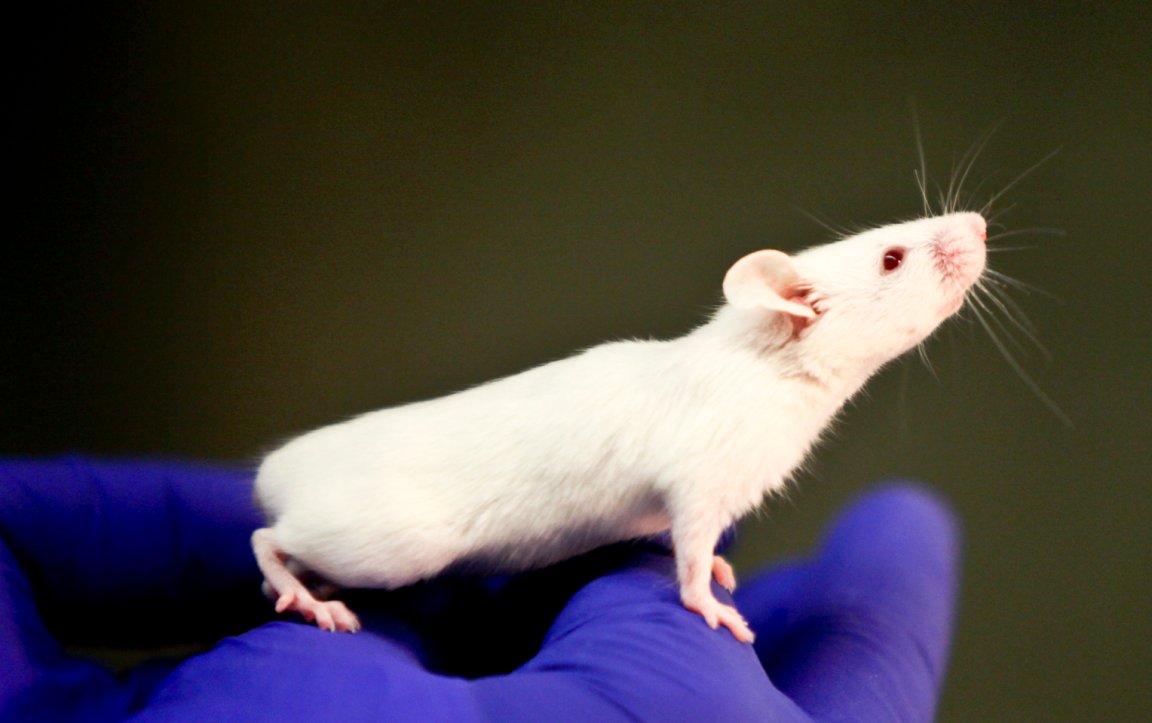
- The researchers altered a gene in mice to inhibit the activity of an enzyme called phosphodiesterase-4B (PDE4B), which is present in many organs of the vertebrate body, including the brain.
- In behavioural tests, the PDE4B-inhibited mice showed enhanced cognitive abilities. They tended to learn faster, remember events longer and solve complex exercises better than ordinary mice.
- This research sheds light on the molecular underpinnings of learning and memory and could form the basis for research into new treatments for age-related cognitive decline, cognitive disorders such as Alzheimer’s disease and schizophrenia, and other conditions.